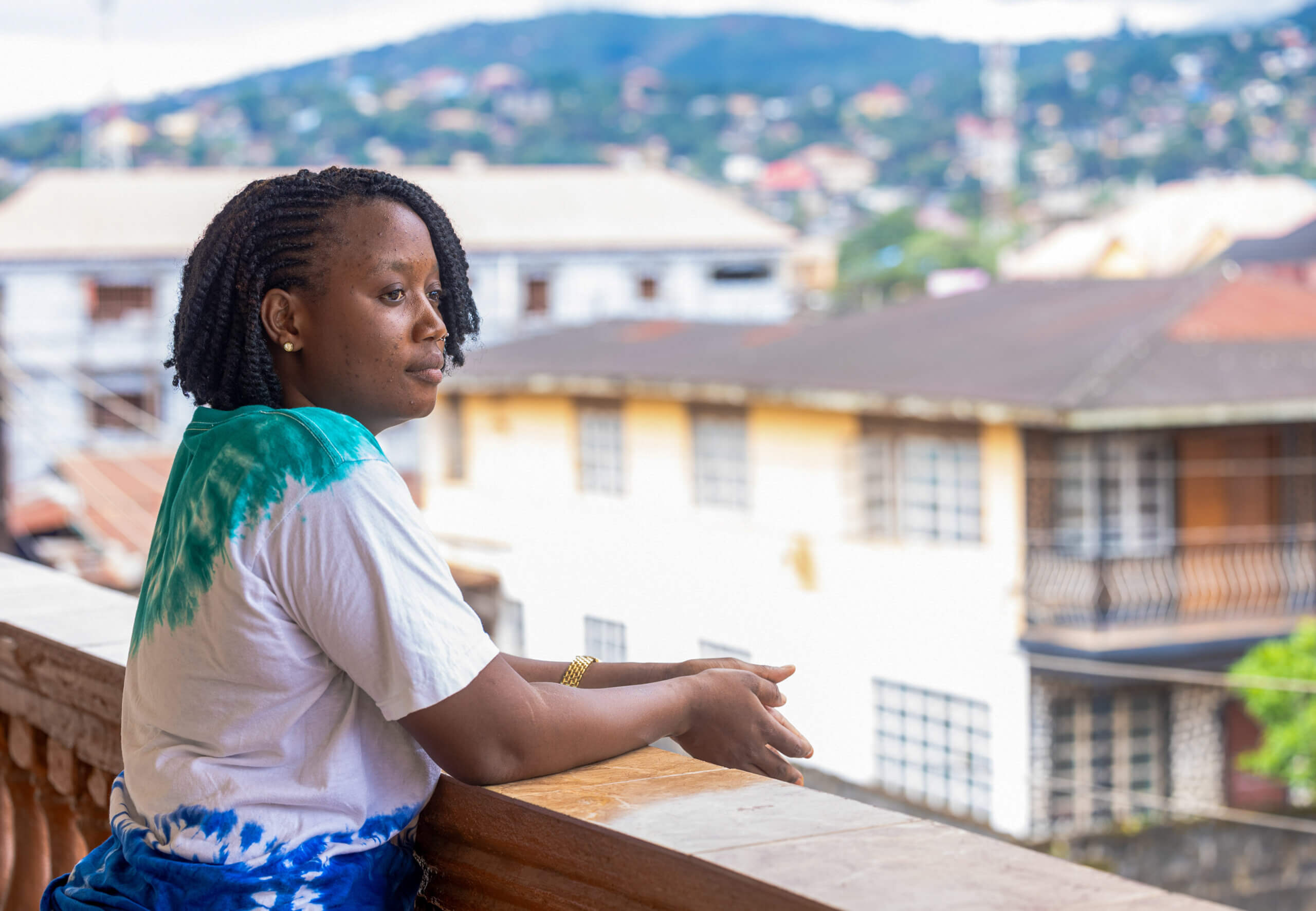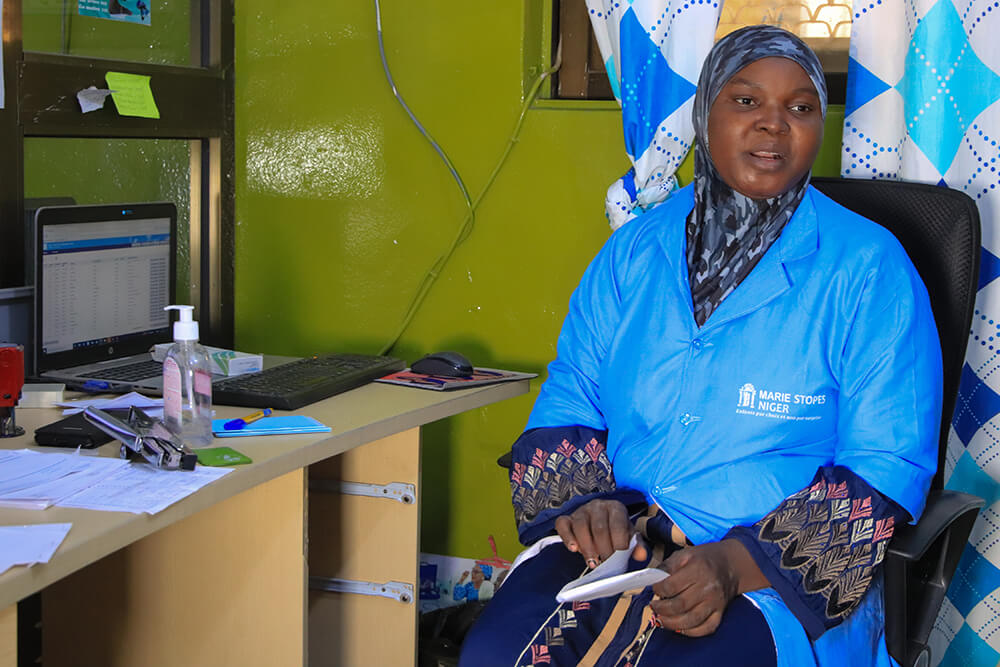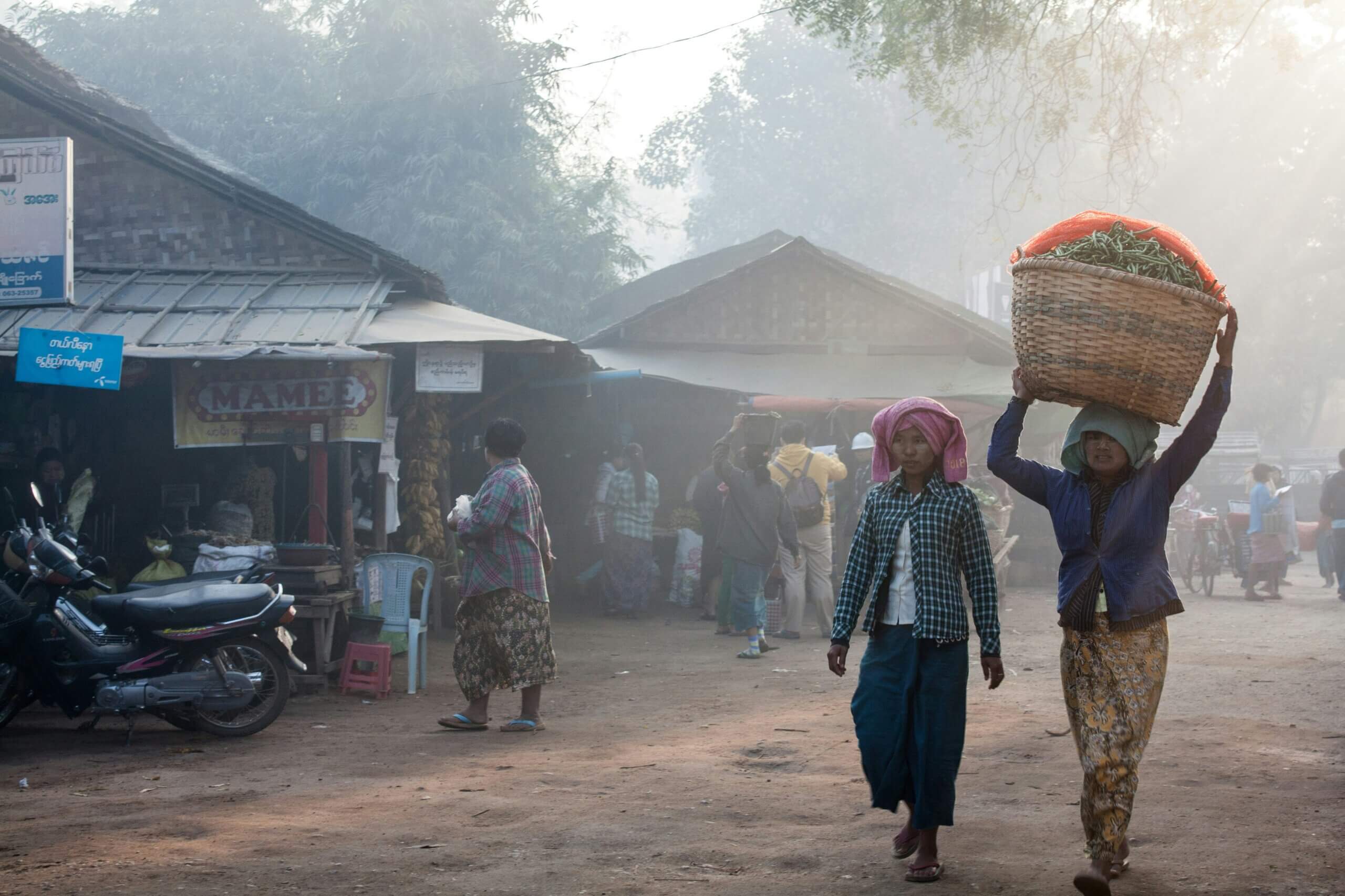Speaking out after the Global Gag Rule
When young people in Nepal have a question about sex, they call Shikha Sharma.
As the host of Khuldulee.com, a popular late-night radio show, Shikha is a trusted source for questions people might otherwise be afraid to ask. She talks about contraception, consent, and taboos—but until recently, she couldn’t always talk about abortion, even though it’s legal in Nepal.
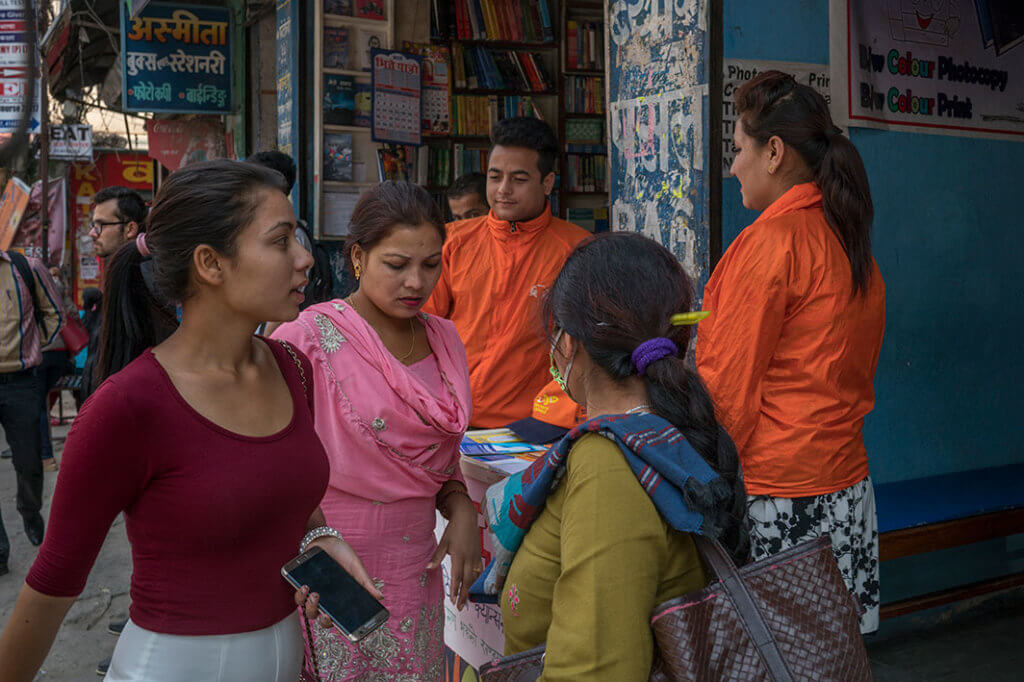
When President Trump signed the Global Gag Rule in 2017, Khuldulee.com was impacted. Two days a week, they were partially funded by USAID. That meant that when a young person called in about an unplanned pregnancy on those days, Shikha couldn’t tell them about safe abortion services.
While abortion is legal in Nepal, many are unaware of the law, and unsafe abortions remain common. Younger women are more likely to undergo an unsafe abortion, putting their health at risk. Shikha needed to be able to answer freely to help these young women.
Shikha often received calls from distressed young people facing an unintended pregnancy. They had no idea that abortion was available legally and for free in Nepal.
With the repeal of the Global Gag Rule in 2021, Shikha was again able to tell her listeners about safe abortion any day of the week. She partners with MSI Nepal, who provide accurate information about reproductive healthcare on a popular weekly segment.
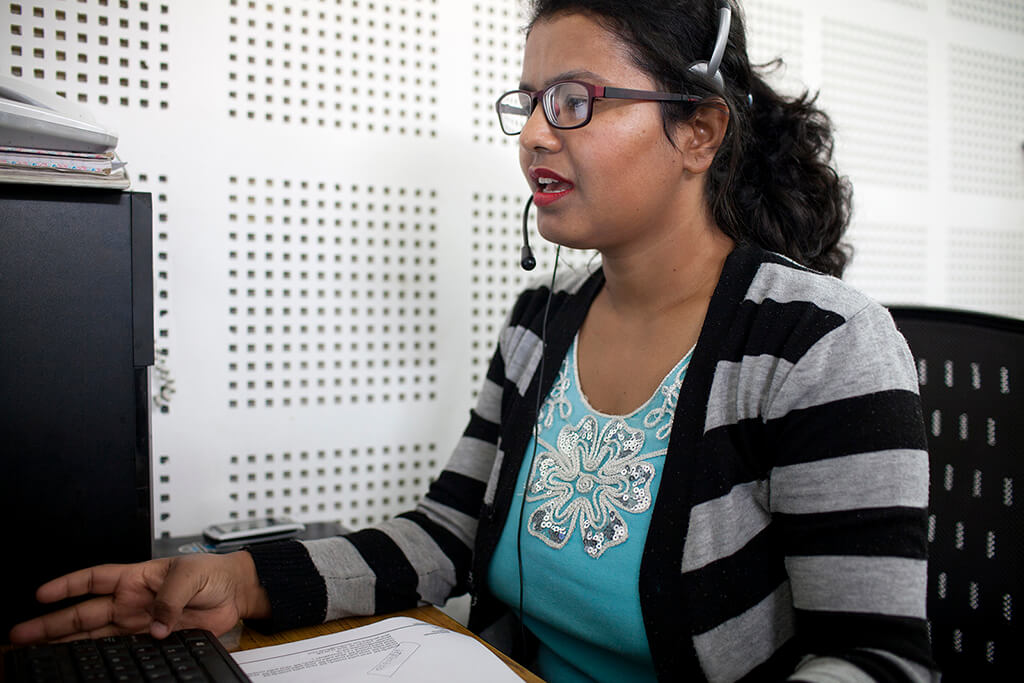
Listeners can ask questions through Facebook or call the show to share their thoughts. In 2020, MSI Nepal produced 52 episodes, on topics from reproductive health for people with disabilities to menstruation. The most popular episode was about medication abortion, and it drove 601 calls to MSI’s contact center, connecting women with the services they need. In fact, 64% of calls to our contact center are inspired by Khuldulee.com!
Women’s access to information about safe abortion shouldn’t depend on who’s in the White House. We’re glad to see some members of Congress push for the permanent end to the Global Gag Rule—so that no matter who wins the next election, Shikha and her partners at MSI Nepal can continue answering women’s questions so they can make informed decisions.



